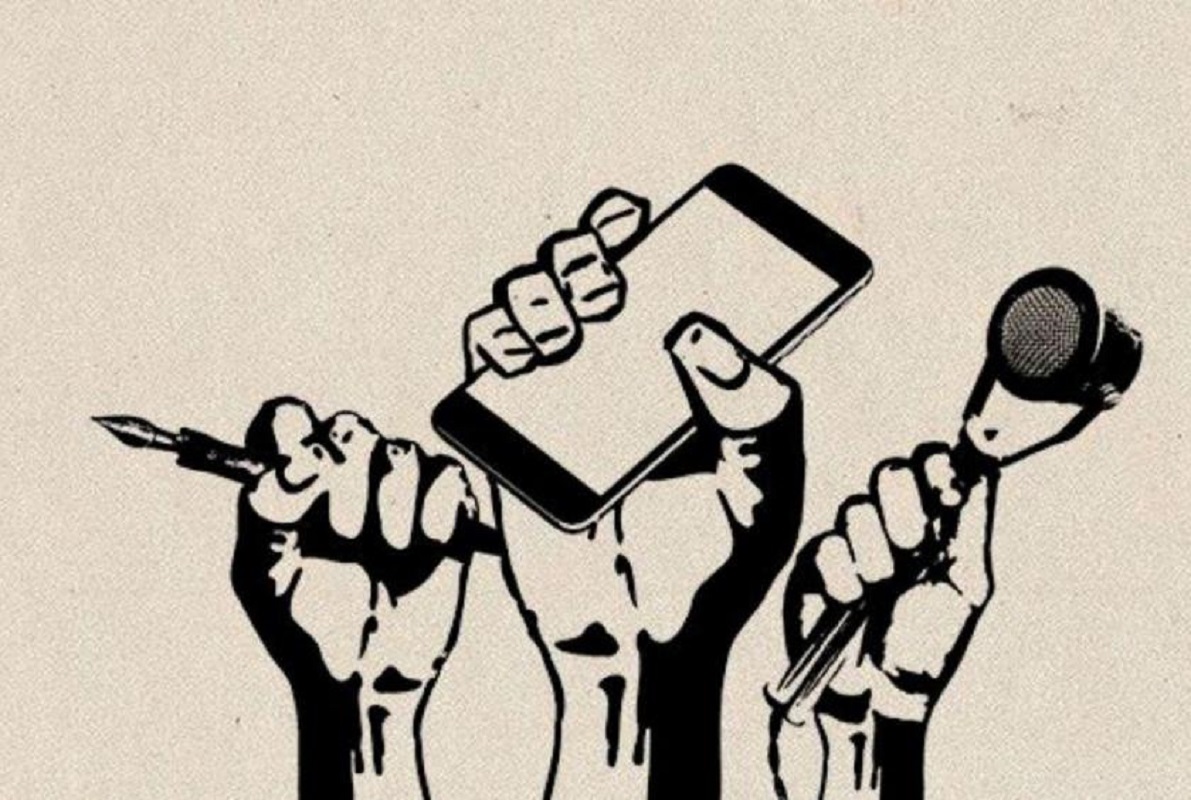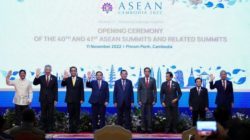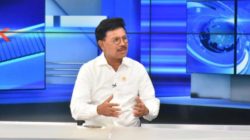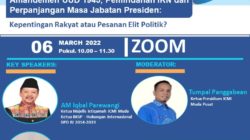By Shinta Aziez (Observer of Social Media)
In a world that champions democracy and freedom of speech, a stark reality is emerging – not all stories find their way to the public eye. Despite the pervasive notion of an open exchange of ideas, a shadow looms over the unrestricted dissemination of information.
Recent incidents suggest that certain narratives, especially those deviating from mainstream perspectives, face suppression and censorship in the realm of social media.
Critics argue that the illusion of a free press is being shattered as accounts are restricted or deleted for sharing content that challenges the status quo.
The ambiguity surrounding the terms and conditions governing these actions raises critical questions: Who sets these terms? How are they applied? Is our digital space under the watchful eye of an invisible force, reminiscent of George Orwell’s “Big Brother”?
While the term “Big Brother is watching you” may not flash on screens, instances abound where individuals receive warnings for allegedly promoting violence or supporting controversial causes.
A disconcerting example is the labeling of content discussing the plight of Palestinians as “praising terrorist attacks,” leaving many to wonder if their social media accounts are indeed under surveillance.
The popular video-sharing platform, TikTok, has recently initiated an investigation into the disproportionate number of likes on content related to Palestine compared to Israel. This move prompts contemplation on the objectivity of such inquiries and raises the question: Would a similar investigation be launched if the dynamics were reversed?
Further fueling concerns is an American official’s statement claiming the lack of evidence that “Israel” intentionally targets civilians or journalists. With a rising toll of casualties, including thousands of children and journalists, being dismissed as “acceptable collateral damage,” questions regarding accountability and the influence of external forces on information dissemination become more pressing.
In the midst of these challenges, UNICEF has sounded an alarm, emphasizing the need for urgent life-saving support in Gaza to avert famine. The plea underscores the potential real-world consequences of restricted information flow, urging a reconsideration of the delicate balance between freedom of expression and societal well-being.
As the world grapples with these issues, the broader conversation on the implications of social media surveillance on democracy and freedom of speech gains prominence. The shadows cast by these incidents prompt a closer examination of the delicate equilibrium between safeguarding public discourse and preventing the misuse of information platforms.






